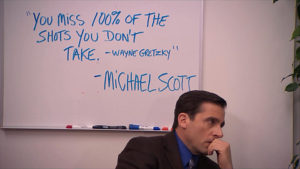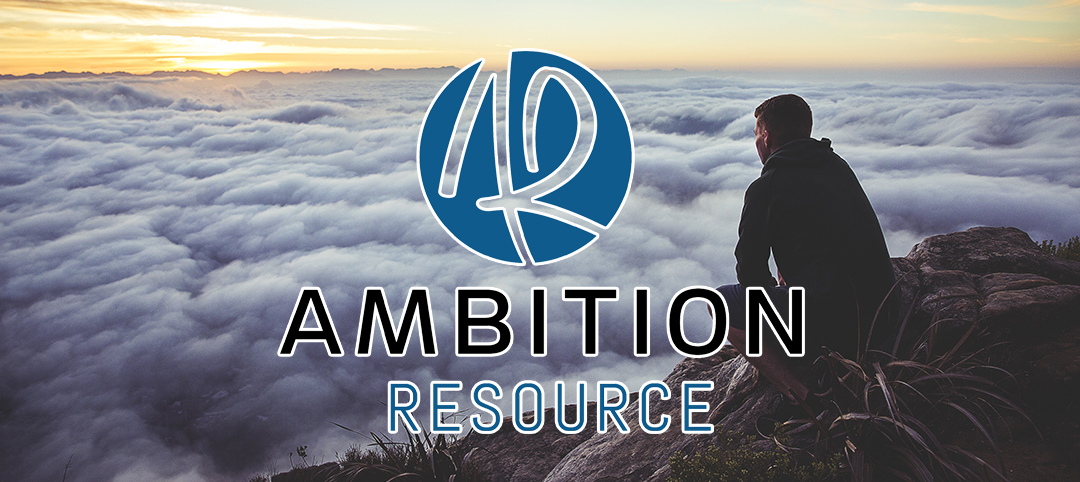
I recently watched The Founder and it highlighted a profound truth in entrepreneurship in a dramatic way. This movie followed Ray Kroc from his days of being a struggling milk shake salesman to when he bought out the McDonalds brothers and took over the McDonalds Corporation. From failure to triumphant success.
The movie starts with him dealing with heaping piles of rejection as several restaurant owners reject his milk shake machines. Later, after he’s signed a contract with the McDonalds brothers to be a franchise manager, he deals with more rejection when applying for a business loan. It becomes apparent that he’s started several businesses that have failed.
We all know how the story ends, but imagine if Ray Kroc had thrown in the towel and took a normal 9-5. Odds are good none of us would have ever tasted a Big Mac.
Failure Is Scary
The word “failure” itself has a very ominous feeling. It’s ugly. Calling someone a ‘failure’ is one of the most hurtful insults in our language. However, ‘failure’ is a natural part of finding success.
All business ventures involve risk. Risk is what keeps less-serious competitors out and creates new opportunities for you. The key is to recognize that risk, get in front of it, bake it into your numbers, and accept the fact that you’ll have some duds along the way. That’s perfectly fine. To quote Michael Scott—quoting Wayne Gretzky— “You miss 100% of the shots that you don’t take.”

Stagnation Is Scarier
I haven’t achieved nearly the same level of success, however, just like Ray Kroc, I’ve had several failed businesses. For one business, I thought it would be smart to start manufacturing my own shampoo. I even gathered investors. Our product was simple. It was Castile soap that I made with lye and olive oil. For added fragrance, we mixed in dragon’s blood.
We had a website. Next we did a lot of social media marketing. Then we did pay-per-click ads. After that we even set up tents at local markets. We sold a grand total of 10 units—raking in something in the neighborhood of a staggering $100 in revenue. Collectively I’ve probably lost a couple thousand dollars on bad businesses in the last 5 years—which actually isn’t bad. Just look at Snapchat’s S1 to see how a big name is losing money hand over fist.
Conversely, last year I went out on a limb and drove 9 hours to Wisconsin to learn about selling things on Amazon. I stayed with a guy I met online over the weekend and he showed me how he sourced inventory and what to look for.
Last year that business averaged $10,000/month in sales and this last month it did $17,000 in revenue. If I let a few set-backs scare me away, I would have cheated myself out of owning a successful ecommerce business on top of my existing web development business. (If you’re looking to get started with FBA you can find more info here)
Don’t Be a Coward
In the end, the quickest way to guarantee your eventual demise is to allow the fear of failure to keep you from expanding your horizons. Growth is rarely comfortable. If you’re not risking failure, you’re denying yourself the opportunity of greater success.
